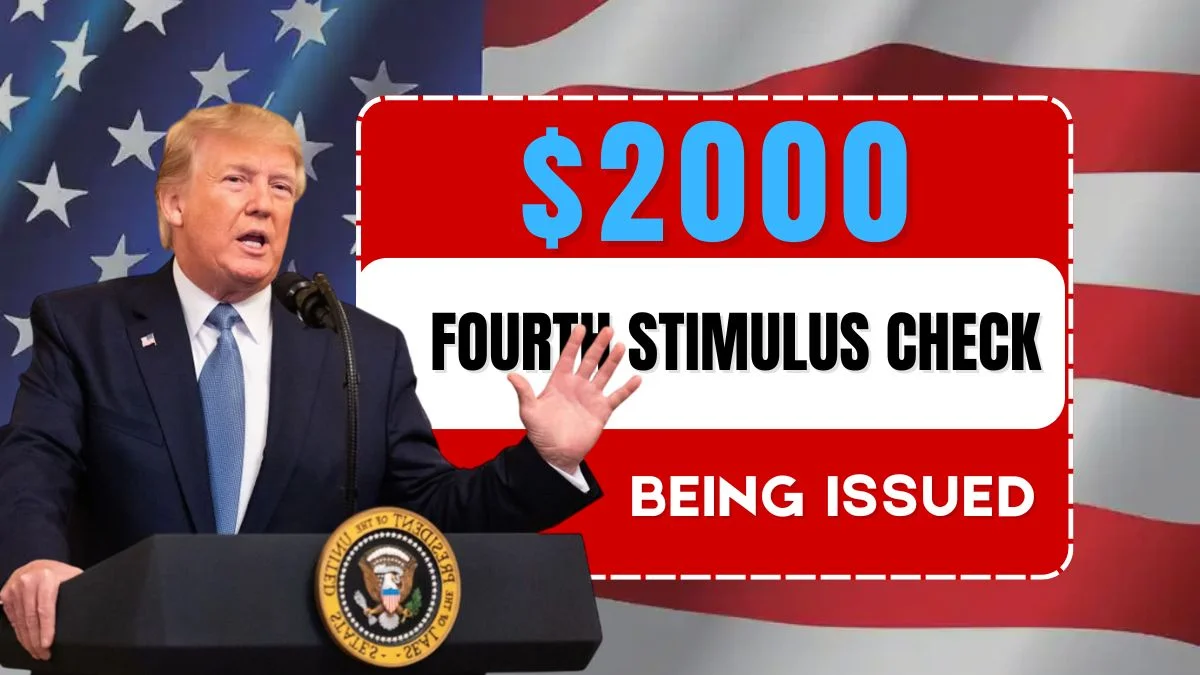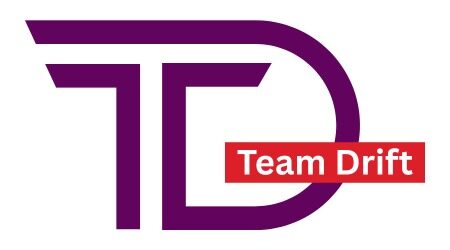Millions of Americans are once again buzzing with anticipation as news circulates about a potential fourth stimulus check worth $2,000. While previous rounds of stimulus payments provided much-needed financial relief during the peak of the COVID-19 pandemic, a new round of direct payments in 2025 could offer similar support amid ongoing economic challenges. So, is the fourth check really happening? Here’s everything you need to know.

$2,000 Stimulus Check Finally Happening? Here’s What We Know So Far
Why Another Stimulus Check Is Being Discussed
The rising cost of living, inflation pressures, and concerns over job stability have reignited calls for additional financial relief from the federal government. Several lawmakers, economic analysts, and advocacy groups are urging Congress to issue another direct payment to Americans — this time for $2,000 per eligible individual.
Though not yet approved, the demand stems from:
- Soaring inflation in essential sectors like food, housing, and healthcare
- Persistent financial hardship among low- and middle-income families
- Political pressure to respond to a growing affordability crisis
Has the $2,000 Fourth Stimulus Check Been Approved?
As of July 2025, no official law or bill has been passed to authorize a $2,000 fourth stimulus check. Despite several online reports and viral social media posts suggesting that checks are being sent out, there is no confirmation from the IRS or federal government.
However, discussions continue behind closed doors in Washington. A few lawmakers have proposed emergency relief legislation that includes $2,000 direct payments, but these proposals have not moved forward in Congress.
Who Might Qualify If Approved?
If a fourth stimulus check is authorized, eligibility will likely be modeled after previous rounds of economic impact payments. Based on past criteria, here’s who could potentially receive the $2,000:
- Single taxpayers earning less than $75,000/year
- Married couples filing jointly earning under $150,000/year
- Heads of household earning under $112,500/year
- Parents or guardians could receive an additional $500 to $1,000 per dependent
- Social Security, SSI, SSDI, and VA benefit recipients would also likely qualify
The amount could phase out for those earning above these income thresholds, as seen in earlier payments.
When Could the Fourth Stimulus Check Be Sent?
Even if approved, the timeline for distribution would not be immediate. Once legislation is passed, the IRS typically needs several weeks to:
- Finalize payment logistics
- Identify eligible recipients
- Send payments via direct deposit, mail, or prepaid debit cards
So, if Congress were to pass a stimulus bill in late 2025, payments likely wouldn’t arrive until late 2025 or early 2026.
Watch Out for Scams
With the spread of unverified reports, scammers are already attempting to take advantage of public confusion. Here’s how to protect yourself:
- Never share personal information (SSN, bank details) with unverified websites or callers
- Only rely on official sources like IRS.gov or SSA.gov for updates
- Be cautious of unsolicited messages, emails, or texts claiming you can “claim your $2,000 check now”
If a fourth stimulus check is approved, you will not need to apply or pay a fee to receive it.
What You Can Do Right Now
While the proposal for a $2,000 stimulus check is still under review, you can:
- Check if you qualified for any missed payments from past rounds by filing a 2021, 2022, or 2023 tax return
- Monitor IRS announcements for updated guidance
- Follow trusted news outlets and government bulletins for legislative updates
Final Thoughts
The idea of a $2,000 fourth stimulus check is not off the table, but it hasn’t become a reality—yet. As economic concerns continue, the pressure on lawmakers to act is building. Whether or not this proposal turns into policy will depend heavily on political will, budget considerations, and upcoming economic reports.
Until then, it’s wise to stay informed and cautious, and avoid falling victim to false promises or scams.
